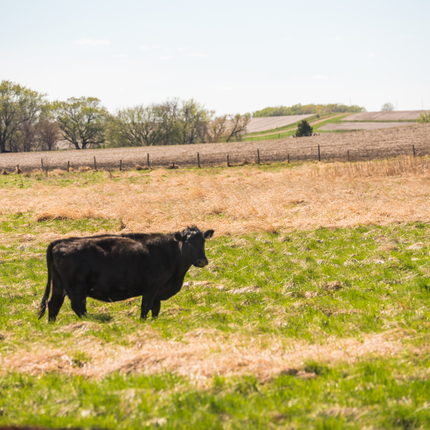The final farm bill passed in December 2018. Now, our attention turns to the U.S. Department of Agriculture (USDA), which is responsible for enacting the farm bill. Below describes how and when your input is particularly valuable.
First, after the farm bill is passed, USDA must determine which farm bill changes can be implemented immediately because the direction in the law is clear, and which require interpretation. USDA has started to roll out announcements regarding farm bill changes on Whole Farm Revenue Protection and the Environmental Quality Incentives Program. USDA is able to release these guidances quickly because the law left no room for interpretation.
Some changes in the farm bill, however, leave room for USDA’s discretion. For conservation programs, this means rulemaking to determine how to enact these changes. The main steps of this process are:
- USDA develops a document with proposals for changes to a program.
- USDA publishes this document, called a rule, in the Federal Register, with a request for the public to submit written comments on its contents.
- Members of the public submit written comments with thoughts, support, or counter-proposals on USDA’s rule. Your input at this stage is incredibly valuable.
- USDA analyzes the public comments, and incorporates them in development of a final rule. The final rule is also published in the Federal Register.
USDA has shared publicly that they expect to release three conservation rules this fall, one each to incorporate major farm bill changes for the Environmental Quality Incentives Program, the Conservation Stewardship Program, and the Agricultural Conservation Easements Program.
When the time comes to submit a comment, remember that USDA appreciates distinct comments from individuals. Even if you don’t have thoughts about every piece of the proposed rule, comments on the parts you care about are valuable. Watch our website for further updates and analysis.
And, stay in touch. Please don’t hesitate to reach out to us about conservation or other farm bill topics at [email protected].





